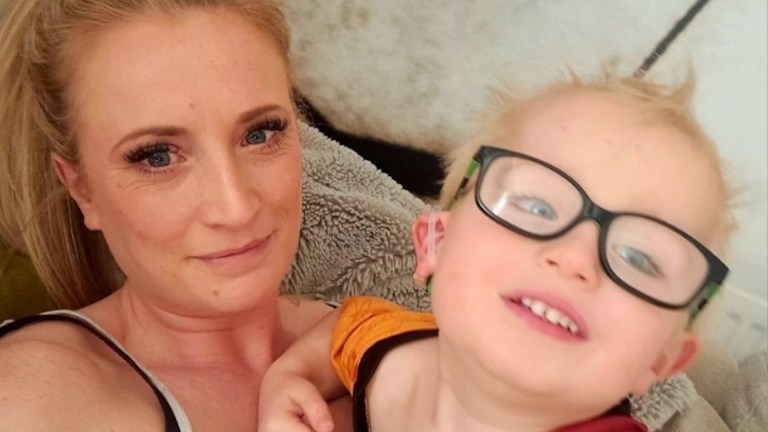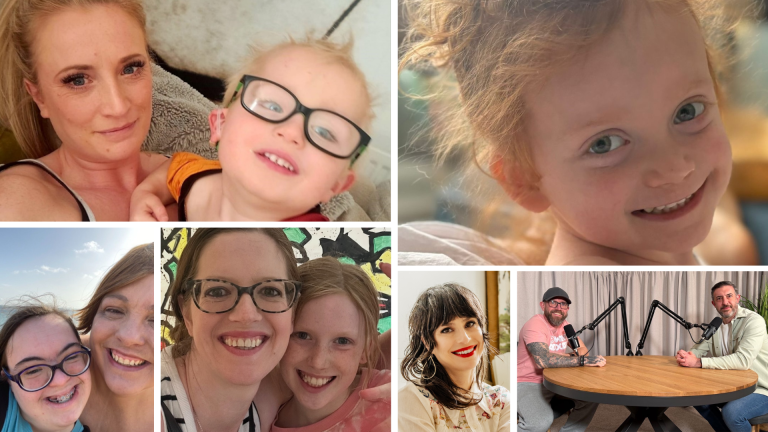Curbing child poverty by ending the two-child benefit cap would save lives and avoid thousands of admissions to hospital a year, an eye-opening new study has found.
Charities and experts have long called for an end to the policy, introduced by David Cameron’s Conservative government in 2015, which means families claiming benefits who have a third or subsequent child after April 2017 are denied more than £3,000 compared with families whose kids were born sooner.
Around 1.5 million children live in families whose benefits are reduced by the two-child limit, with an estimated 4.3 million children living in poverty across the UK.
Researchers from the universities of Liverpool, Newcastle and Glasgow have now found that reducing child poverty levels – with measures like scrapping the two-child benefit limit, which is commonly referred to as the benefit cap – would have a “substantial” impact on child health in England.
The study, published in the Journal of Epidemiology and Community Health on Tuesday (6 August), found that tackling child poverty would see reductions in infant deaths and children in care, as well as admissions to A&E. Researchers found that parts of the north of England “exhibited the greatest relative and absolute benefit” from child poverty reductions.
- What is the two-child benefit limit and how does it impact families?
- ‘Shameful stuff’: Labour suspends seven rebel MPs who voted to end two-child benefit cap
The study used local authority data to model reductions in child poverty across the UK, examining the impact that falls of 15%, 25% and 35% in child poverty could have. Researchers explained that these models would be “realistic in light of the 26% fall in prevalence previously observed in the UK between 1997 and 2010”.









